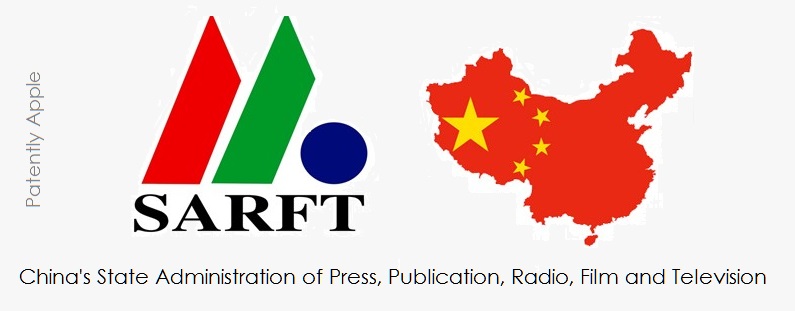Goodbye, SAPPRFT (but not Chinese censorship)

Last Tuesday, during the National People’s Congress, China announced that it was dismantling its top media regulator, the State Administration of Press, Publication, Radio, Film and Television (SAPPRFT). According to the notice, the five-year-old institution would be succeeded by a television and radio administration that would be directly attached to the State Council, or Cabinet, giving the Communist Party further control of China’s media and entertainment.
This week, a more detailed proposal stated that the sectors overseeing China’s film and press industries would not be part of the new radio and television administration. Instead, the bodies governing film, press, and publication would be folded directly into the publicity department of the Communist Party of China.
News of the abolishment of SAPPRFT and the establishment of a more centralized regulatory body comes on the heels of President Xi Jinping’s successful lifting of the two-term presidential limit, a measure that has been in place in China since the 1990s. It also follows recent moves by the administration to support “main melody films,” movies that espouse state-approved messages, and utilize their soft power to “guide and educate the public.” Last month, SAPPRFT issued a notice announcing that 5,000 cinemas in the country would be selected to periodically promote screenings of propaganda films. And a few weeks ago, it was revealed that the box office revenues of Amazing China, a recently debuted documentary that baldly extols the virtues of Xi Jinping, might have come from compulsory viewings. According to reports, students and employees from several public schools and institutions were required to see the movie in theaters.
‘Amazing China,’ a documentary extolling Xi Jinping, is the movie that officials want people to love
The merging of the country’s film regulator with the Communist Party’s publicity department also, notably, comes at a time when Operation Red Sea, an unabashedly patriotic film about a heroic rescue mission conducted by the Chinese Navy in Yemen, has steadily climbed the charts to become the second-highest-grossing movie in China’s box office history. Currently, the title of all-time box office champion still belongs to last year’s Wolf Warriors 2, a nationalist, Rambo-inspired action film about an ex-Chinese special forces operative facing off against Western mercenaries.






